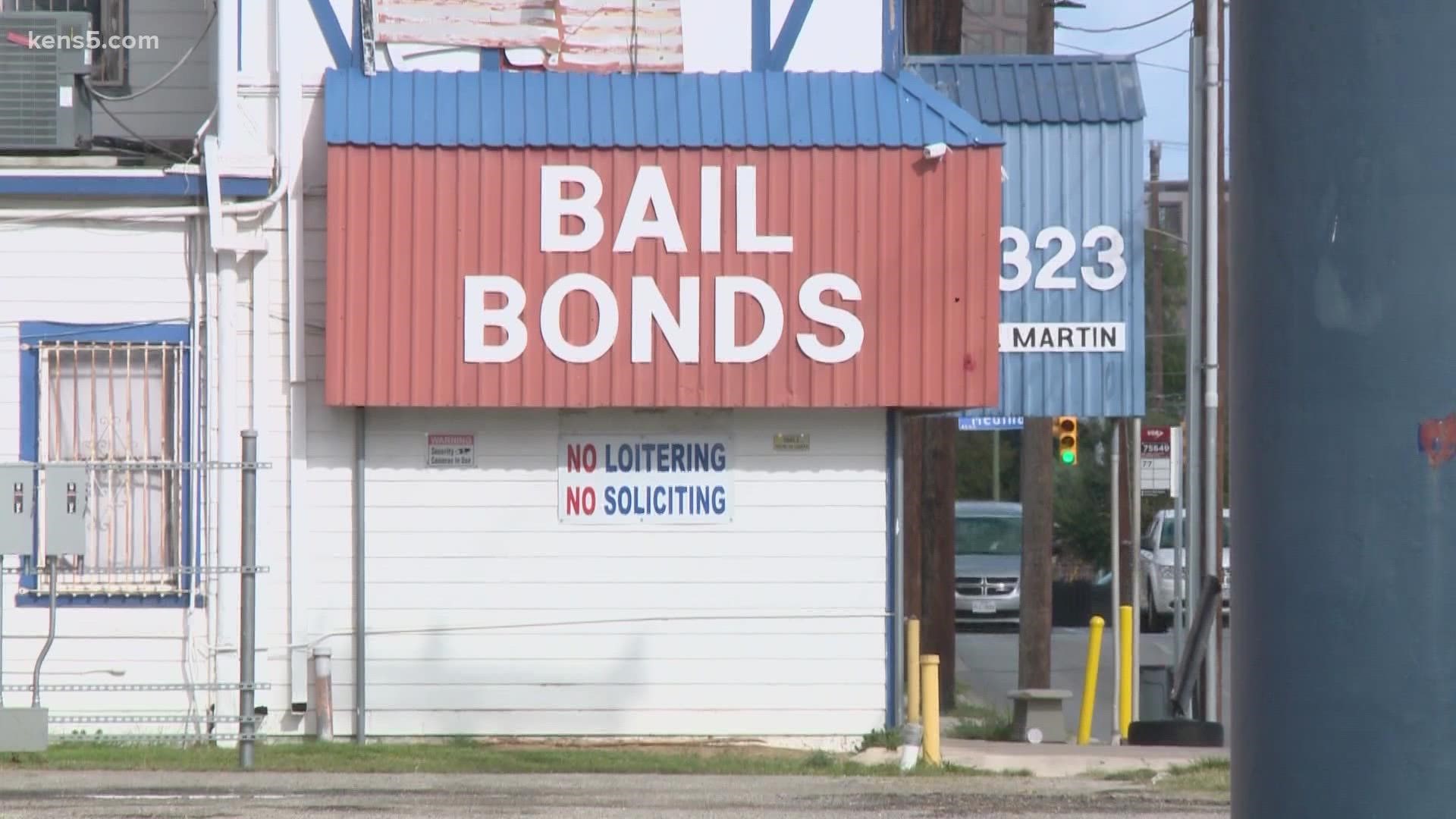SAN ANTONIO — Gov. Greg Abbott Monday signed legislation that makes it harder for some people accused of crimes to get out of jail before their trial.
The law bars magistrates from releasing people charged with violent crimes on their own, even if the judge determines they pose no threat to public safety. Now, a person accused of violence may only get out of jail by posting a cash bail.
"You have revolving door releases of dangerous criminals back out onto streets, who then go commit even more crimes," Abbott told a Houston crowd before he gave the law final approval.
To justify his signature, he points to a handful of high-profile murder cases where the criminal killed someone while awaiting trial for another crime.
But criminal justice reform advocates contend the measure discriminates against poor people and minorities.
Under the new law, a wealthy criminal could leave jail while a person who cannot afford bail sits behind bars for committing the exact same crime.
"Cash bail has absolutely nothing to do with public safety," Texas Appleseed staff attorney Carson White said. "There is literally no evidence - none - that paying cash to get out of jail makes you less likely to commit a crime than someone who got out of pretrial custody without having to pay cash bail."
People who sit in jail, awaiting trial, are still presumed innocent under the law.
"They can't go to work. They can't pay rent for their apartment. They can't support their family or children," said Amanda Woog, executive director for the Texas Fair Defense project. "This can have an incredibly destabilizing effect on an individual."
Woog and White say people who sit in jail, unable to pay their way out, are more likely to commit crimes or miss court dates in the future.
"All cash bail does is transfer wealth from people who are incarcerated to private bail bonds corporations," White said. "It's a very wide net that catches people just because they're poor."
The law also creates a uniform criminal background system judges can more easily access during initial hearings. Abbott says magistrates should consider this information when deciding the bail amount.
The law takes effect on Dec. 2.

